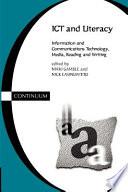
ICT and Literacy
Information and Communications Technology, Media, Reading, and Writing
This volume examines literacy in relation to a wide range of new technology and media, especially talking books, video editing, interactive multimedia and on-line materials.
- ISBN 13 : 0826448100
- ISBN 10 : 9780826448101
- Judul : ICT and Literacy
- Sub Judul : Information and Communications Technology, Media, Reading, and Writing
- Pengarang : Nikki Gamble, Nick Easingwood, Nick Easingwood, Nick Easingwood, Nick Easingwood, Nick Easingwood, Nick Easingwood, Nick Easingwood, Nick Easingwood, Nick Easingwood, Nick Easingwood, Nick Easingwood, Nick Easingwood, Nick Easingwood, Nick Easingwood, Nick Easingwood, Nick Easingwood, Nick Easingwood, Nick Easingwood, Nick Easingwood, Nick Easingwood, Nick Easingwood, Nick Easingwood, Nick Easingwood, Nick Easingwood, Nick Easingwood, Nick Easingwood, Nick Easingwood, Nick Easingwood, Nick Easingwood,
- Kategori : Education
- Penerbit : A&C Black
- Bahasa : en
- Tahun : 2000
- Halaman : 118
- Google Book : http://books.google.co.id/books?id=lkmtAwAAQBAJ&dq=intitle:Technology+and+Information+Literacy&hl=&source=gbs_api
-
Ketersediaan :
This volume examines literacy in relation to a wide range of new technology and media, especially talking books, video editing, interactive multimedia and on-line materials.

